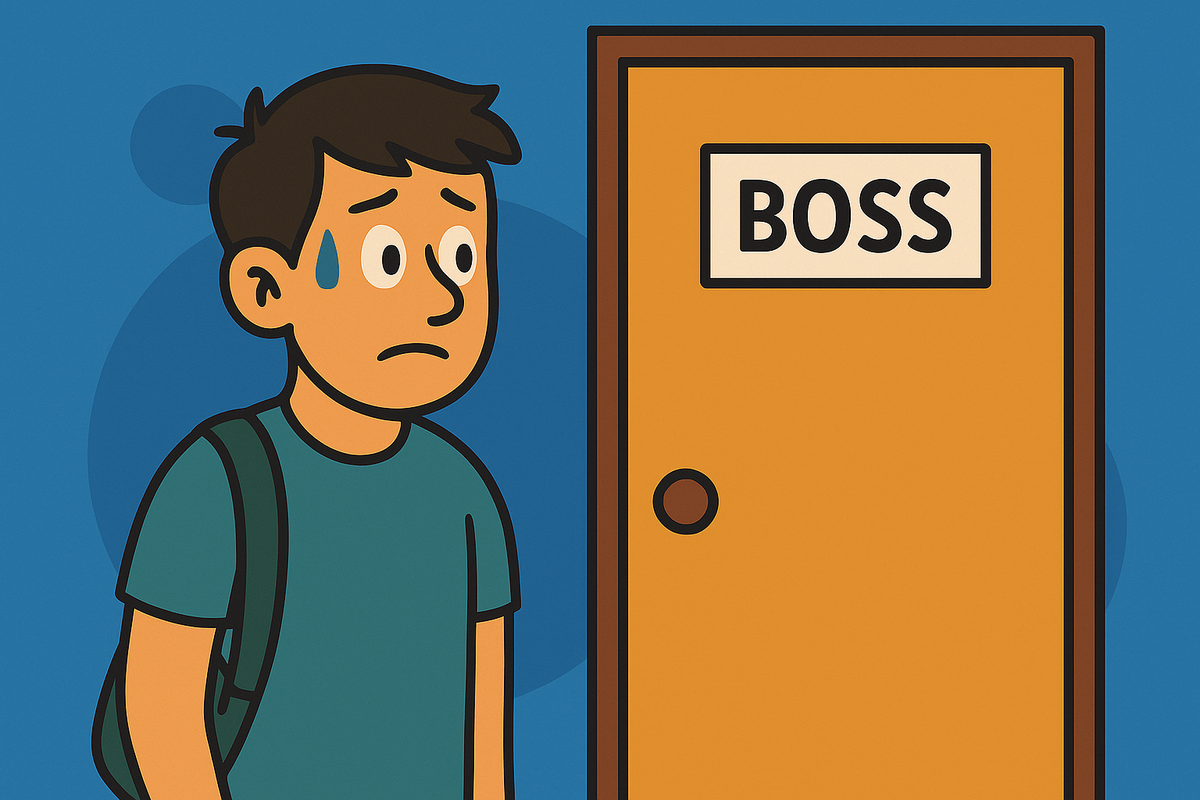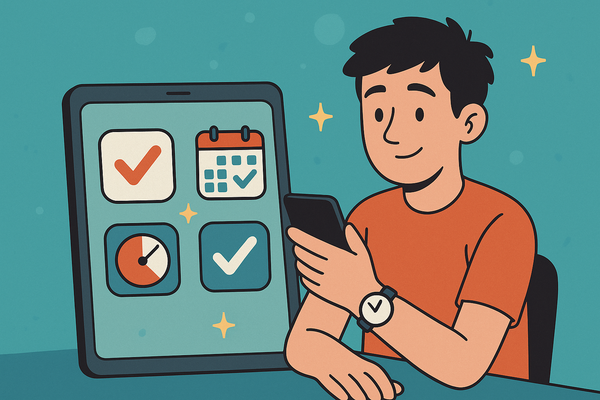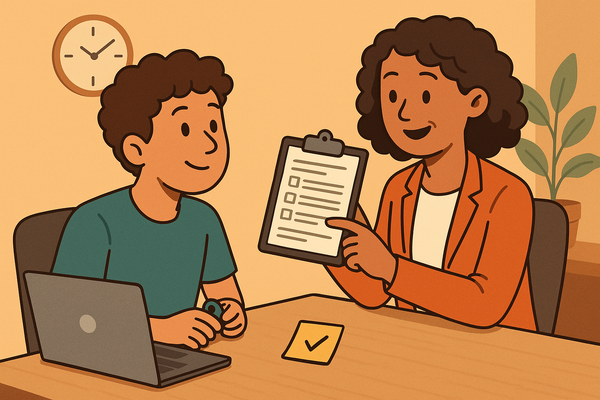Should I Tell My Boss I Have ADHD?

When I was first diagnosed with ADHD, I wasn’t sure who to tell. Friends? Family? My boss?
That last one hit hardest. Work felt like the place where I had to seem competent at all times. Not reveal that my brain worked differently or that I struggled with things that seemed effortless to everyone else. But the question kept circling in my head:
If you’re asking the same thing, you’re not alone. Here’s what helped me think it through, along with what I’ve learned from others who have made the decision.
First: You Don’t Have to Disclose
Let’s get this out of the way. You’re never required to tell your boss you have ADHD.
Even if you’re struggling at work, disclosure is a personal choice. ADHD is a medical diagnosis, and in most places, you’re protected by privacy laws and disability rights. You can request accommodations without revealing your exact diagnosis.
Why You Might Consider Telling
I didn’t disclose right away. I wanted to be sure. But over time, I noticed a few things that nudged me closer.
- I was using all my energy to mask my struggles
- I needed small changes to do my best work, like written follow-ups or flexible deadlines
- I had a manager I trusted
Telling your boss can help:
- Reduce stress from masking
- Open the door to accommodations
- Create more honest communication
- Explain inconsistencies in things like attention, time management, or memory
It can also feel really vulnerable. That’s important to acknowledge.
Why You Might Not Tell
Unfortunately, not every workplace is supportive. You might want to hold off if:
- Your boss tends to be dismissive or judgmental
- You’re concerned about stigma or bias
- You’re not in a secure position at work
Disclosure is always your choice. You can revisit the decision later. There is no rush.
My Experience
When I finally did tell my boss, I kept it simple.
I said something like:
I focused on what I needed, not just the diagnosis. For me, that included:
- Written agendas and follow-ups
- More flexible deadlines when possible
- Clearer expectations and feedback
It wasn’t perfect, but my boss appreciated the honesty. Knowing how to support me helped us both.
Like what you’re reading? Get weekly ADHD news, tools, and creative strategies delivered straight to your inbox.
How to Decide
Here are some things to think about:
|
Questions to Ask Yourself |
Why It Matters |
|---|---|
|
Do I trust my manager? |
A supportive boss makes disclosure safer |
|
What do I need help with? |
Focus on the support, not the label |
|
What’s the workplace culture like? |
Look at how others have been treated |
|
Am I protected by HR policies or disability law? |
ADHD often qualifies for accommodation |
You can also start by asking for specific support without disclosing the diagnosis. For example, “Written deadlines really help me stay organized.”
What If I Want Accommodations?
In many countries, including the US and Canada, you have the right to request workplace accommodations. These might include:
- Modified deadlines
- Noise-canceling headphones or a quieter workspace
- Written instructions
- Flex time or additional breaks
You may need documentation from a doctor, especially if HR gets involved.
TL;DR: Should You Tell Your Boss?
- You are not required to tell your boss
- It can be helpful if you feel safe and supported
- Focus on what you need, not just the label
- Start with practical ways to support your work
- Take your time. There is no deadline
You’re not doing anything wrong by needing support. You’re not broken. You’re just working with a brain that thrives under the right conditions. And it’s okay to ask for those.




